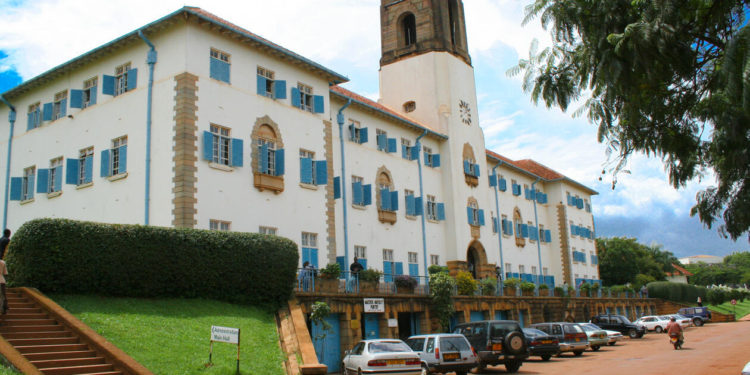The recent ruling by the Makerere University Staff Appeals Tribunal overturning the denial of Professor John Jean Barya’s post-retirement contract is a damning indictment of the university’s corrupt and tyrannical administration. This decision exposes a deeply entrenched system of malicious retaliation and gross injustice that festers at the core of Uganda’s premier institution of higher learning.
The Tribunal’s finding that the Appointments Board failed to properly evaluate Barya’s workload is not merely a lapse in judgment; it is a deliberate and sinister attempt to crush a dissenting voice. The Vice-Chancellor’s refusal to recommend Barya’s contract under the pretext of a “lack of teaching load and research engagement” is a blatant and reprehensible falsehood. Barya’s illustrious 30-year tenure and unwavering academic contributions make this excuse not only absurd but also contemptible.
The awarding of 100 million Shillings in damages is a powerful and unequivocal rebuke of the university’s despicable leadership. This substantial sum is more than mere compensation; it is a clear condemnation of the administration’s gross incompetence and punitive actions. It starkly highlights the lengths to which these academic despots will go to silence advocates for justice and equity.
Barya’s assertion that his contract denial was retribution for his advocacy reveals a horrifying truth: Makerere University’s leadership functions like a ruthless autocracy, punishing those who dare to challenge their oppressive rule. Instead of being celebrated for his relentless fight for staff rights and better working conditions, Barya became a target of vindictive administrative vengeance. This chilling revelation shows that Makerere, supposedly a beacon of intellectual freedom, is in reality a bastion of oppressive governance where dissent is mercilessly crushed.
This ruling, while a personal victory for Barya, casts a dark and ominous shadow over the future of academic governance at Makerere. It exposes a systemic rot where power is wielded as a weapon against those who seek to hold the administration accountable. The Tribunal’s decision must serve as a clarion call for a radical purge of the corrupt and vindictive structures that allowed such an egregious injustice to occur.
If Makerere University is to salvage its integrity and reputation, it must eradicate these malignant practices from its administrative ranks. It must ensure that justice, fairness, and transparency are the cornerstones of its governance. Failure to do so will perpetuate a toxic cycle of fear, oppression, and corruption, eroding the very essence of academic freedom and integrity.
In light of this ruling, one thing is abundantly clear: Makerere’s administrative tyrants must now tread with extreme caution. Every decision will be scrutinized, and every act of retribution will be met with fierce and unrelenting resistance. The academic community will no longer tolerate governance by intimidation and fear. The specter of legal retribution now looms large, heralding an era where justice is not just pursued but demanded with unwavering determination and relentless resolve.







Discussion about this post